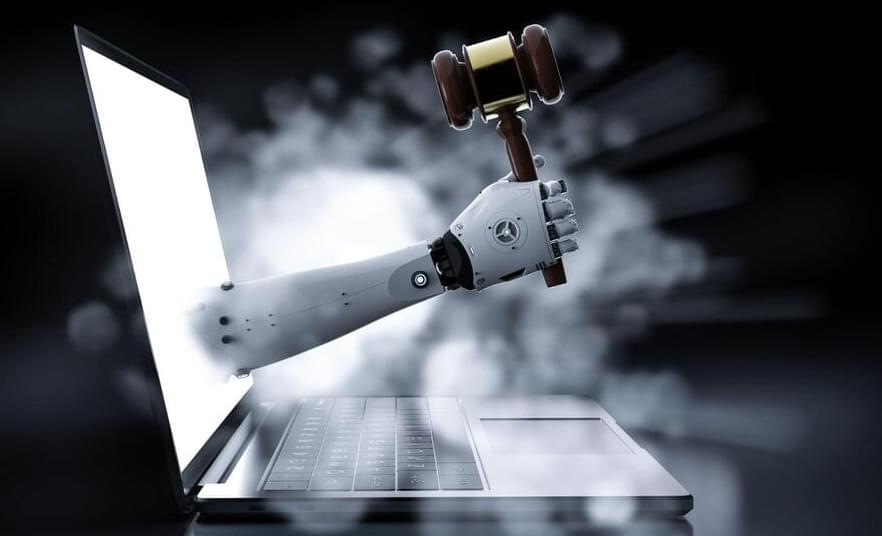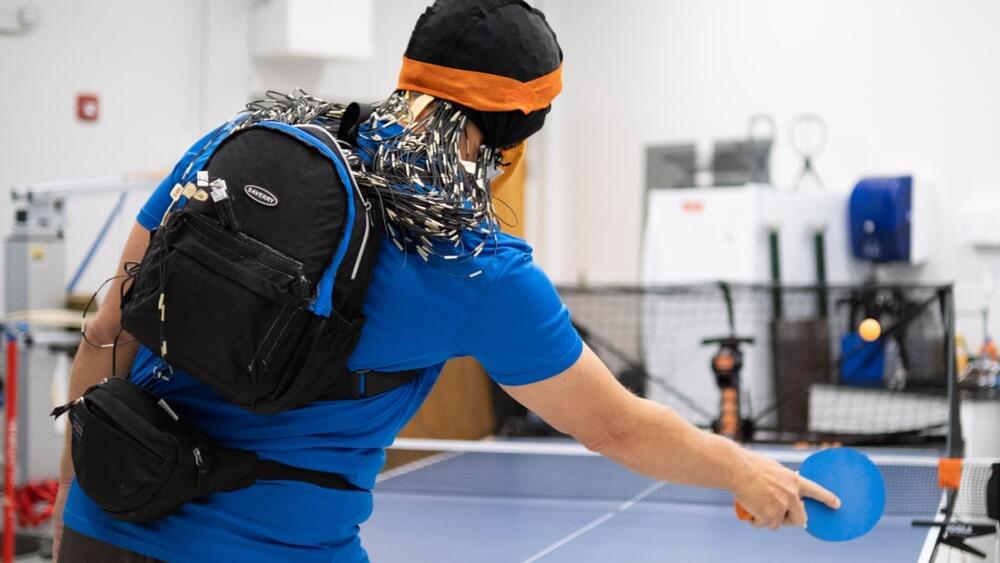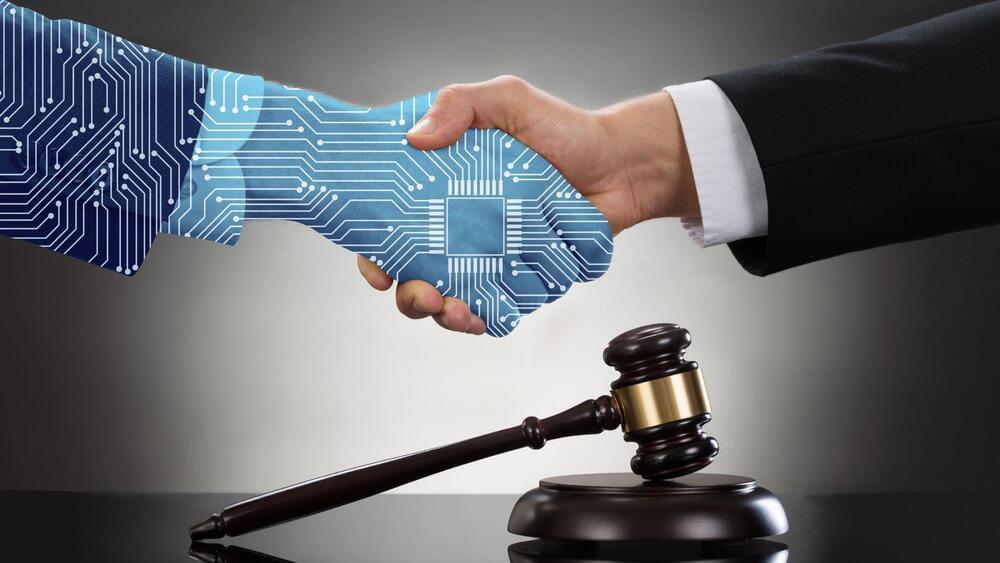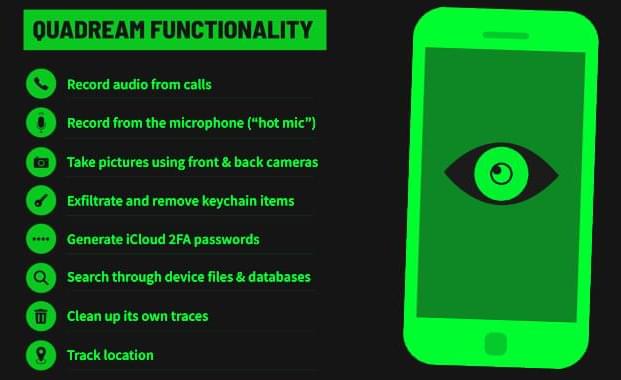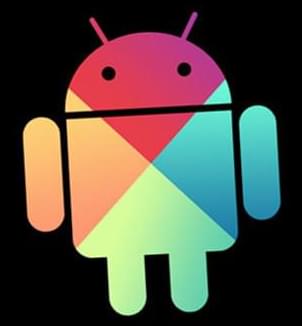The mystery of ultra-luminous X-ray sources (ULXs) and their astonishing brightness has been partially unraveled through a recent study utilizing NASA’s NuSTAR.
Scientists have long been perplexed by ultra-luminous X-ray sources (ULXs), cosmic objects that emit about 10 million times more energy than the Sun and appear to break the Eddington limit — a physical boundary that determines the maximum brightness of an object based on its mass. In a groundbreaking study published in The Astrophysical Journal, researchers have confirmed that these extraordinary light emitters surpass the Eddington limit, potentially due to their strong magnetic fields.
The effect of Eddington limit and magnetic fields
The Eddington limit plays a crucial role in determining the balance between the outward push of photons and the inward pull of an object’s gravity. When an object reaches the Eddington limit, its light pushes away any gas or material falling toward it, thus controlling its brightness. The study focused on the ULX M82 X-2, a neutron star that was found to be stealing about 9 billion trillion tons of material from a neighboring star annually. The researchers’ calculations confirmed that M82 X-2 exceeds the Eddington limit.
The new study supports an alternative hypothesis that suggests strong magnetic fields can distort atoms into elongated shapes, reducing the photons’ ability to push atoms away and ultimately increasing an object’s maximum brightness. By examining more ULXs, scientists may be able to further understand the role of magnetic fields in their extraordinary luminosity.

